- IDP China>
- 课程库>
- 工程与技术>
- 工程学及其相关技术>
- 其他工程及相关技术>
- BEng(Hons) Biomedical Engineering - Glasgow International College (GIC)
生物医学工程学士(荣誉)-格拉斯哥国际学院
BEng(Hons) Biomedical Engineering - Glasgow International College (GIC)

学历文凭
Bachelor Degree with Honours

专业院系

开学时间

课程时长

课程学费

国际学生入学条件
Standard academic entry requirements: 36 points including three HL subjects at 6,6,5 guaranteed offer if additional requirements met.
Minimum academic entry requirements: 32 points including three HL subjects at 6,5,5 considered for offer if additional requirements met.
Additional requirements: HL subjects should include Physics and Mathematics. SL6 will be accepted for one of Physics or Mathematics (or Mathematic Studies).
International English Language Testing System (IELTS) Academic module (not General Training): overall score 6.5 no sub-test less than 6.0. ibTOEFL*: 90, no sub-test less than: Reading: 20, Listening: 19, Speaking: 19, Writing: 23
IDP—雅思考试联合主办方

雅思考试总分
6.5
- 雅思总分:6.5
- 托福网考总分:90
- 托福笔试总分:160
- 其他语言考试:PTE Academic (Pearson Test of English, Academic test): 60, no sub-test less than 59
CRICOS代码: J750
申请截止日期: 请与IDP联系 以获取详细信息。
课程简介
Biomedical engineering is about finding engineering solutions to medical problems. As a rapidly expanding industry, biomedical engineering meets the demands of healthcare through the development of technology. You'll take part in practical activities including visits to local hospitals. You will benefit from our strong links with industry and the NHS, with engineers and clinicians contributing to lectures, projects and case studies, as well as offering work placements.<br><br>In your first year, you will take a wide-ranging curriculum which includes courses in biomedical engineering, mathematics, dynamics, electronics, materials, statics, thermodynamics and engineering skills. These courses are supported by project and laboratory work. This interdisciplinary approach, favoured by industry, makes it possible to switch to most other engineering disciplines at the end of year 1 should you wish to do so. You will continue to study a wide-ranging curriculum, but with an increasing emphasis on bio-engineering subjects, such as biomaterials, biomechanics, biological fluid mechanics, electronic engineering, instrumentation and control, medical imaging, engineering design, human biological systems, mathematics and statistics, etc.<br><br>Year 4 BEng students complete a project, which takes up one third of the year, while year 4 MEng students undertake a multidisciplinary design project. All year 4 students take core courses such as rehabilitation engineering, biosensors, bioethics and biomedical signal processing. You can also choose from a range of options including cell and tissue engineering, ultrasound technology, control, materials and mechanics.
相关申请
 预科
预科 奖学金
奖学金 实习机会
实习机会 在校学习
在校学习 跨境学习
跨境学习 校园授课-线上开始
校园授课-线上开始 在线/远程学习
在线/远程学习
开学时间&学费
学费信息仅供参考,请与IDP联系以获取详细信息
| 开学时间 | 时长 | 学费 | 地点 |
|---|---|---|---|
| 暂无 | 暂无 | 暂无 | 暂无 |
本校相关课程
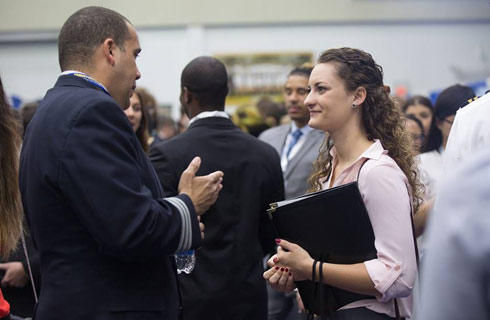
强化英语-利物浦
学历文凭
English Language
开学日期
课程费用总额


硕士预科课程-布莱顿大学国际学院
学历文凭
Foundation for Postgraduate
开学日期
课程费用总额

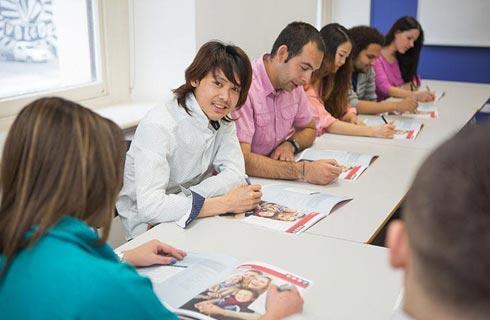
硕士预科课程
学历文凭
Foundation for Postgraduate
开学日期
课程费用总额

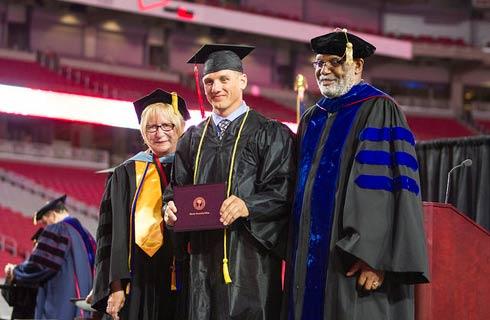
计算机基础证书-布莱顿大学国际学院
学历文凭
Foundation for Undergraduate
开学日期
课程费用总额


商业基础证书
学历文凭
Foundation for Undergraduate
开学日期
课程费用总额

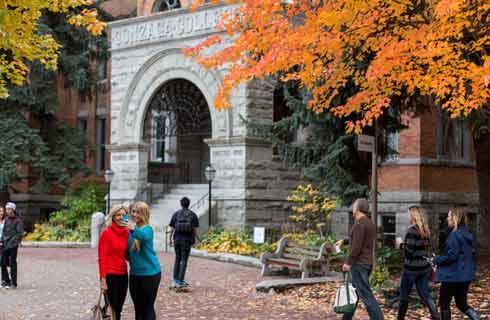
商业基础证书
学历文凭
Foundation for Undergraduate
开学日期
课程费用总额

其他相关课程
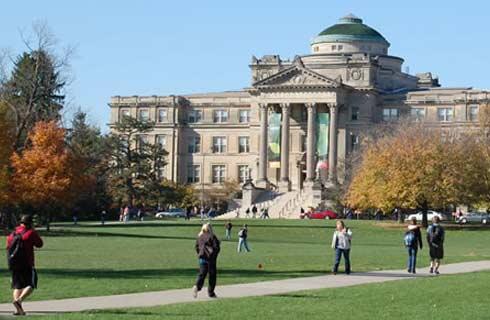
利兹ISC国际预科课程-科学,工程与计算机-利兹国际学习中心-ISC研究组
 Study Group学习集团(英国)
Study Group学习集团(英国)学历文凭
Foundation for Undergraduate
开学日期
课程费用总额

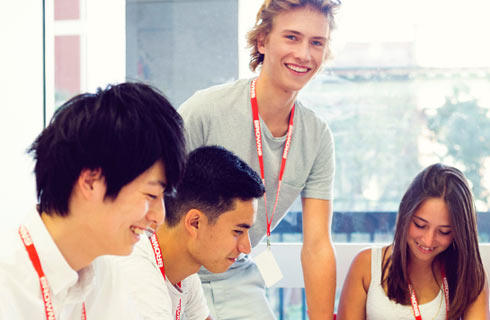
Master of Renewable and Future Energy
 西澳大学
西澳大学学历文凭
Masters Degree (Coursework)
开学日期
课程费用总额


MRes Acoustics
 南安普顿大学
南安普顿大学泰晤士高等教育世界大学排名:129
学历文凭
Masters Degree (Research)
开学日期
课程费用总额

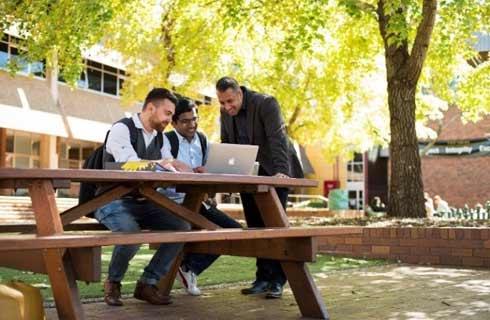
专业工程学硕士
 科廷大学
科廷大学泰晤士高等教育世界大学排名:256
学历文凭
Masters Degree (Coursework)
开学日期
课程费用总额

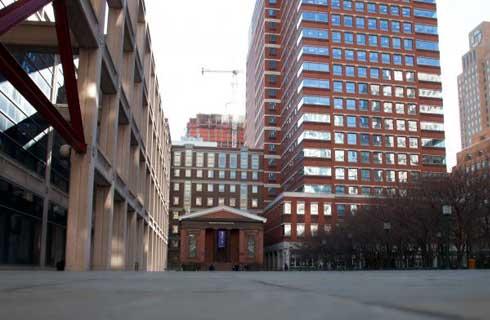
New Zealand Certificate in Study and Career Preparation (Bachelor of Engineering Pathway) (Level 4)
 Ara坎特伯雷理工学院
Ara坎特伯雷理工学院学历文凭
Certificate level 4
开学日期
课程费用总额

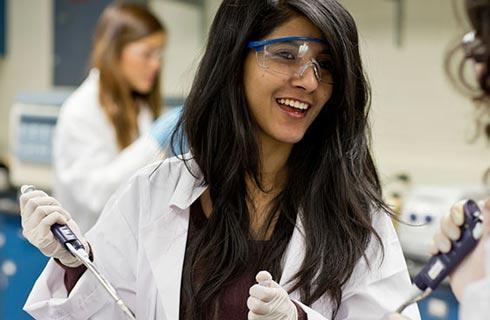
工程师文凭(标准)
 悉尼科技大学学院
悉尼科技大学学院学历文凭
Diploma
开学日期
课程费用总额










